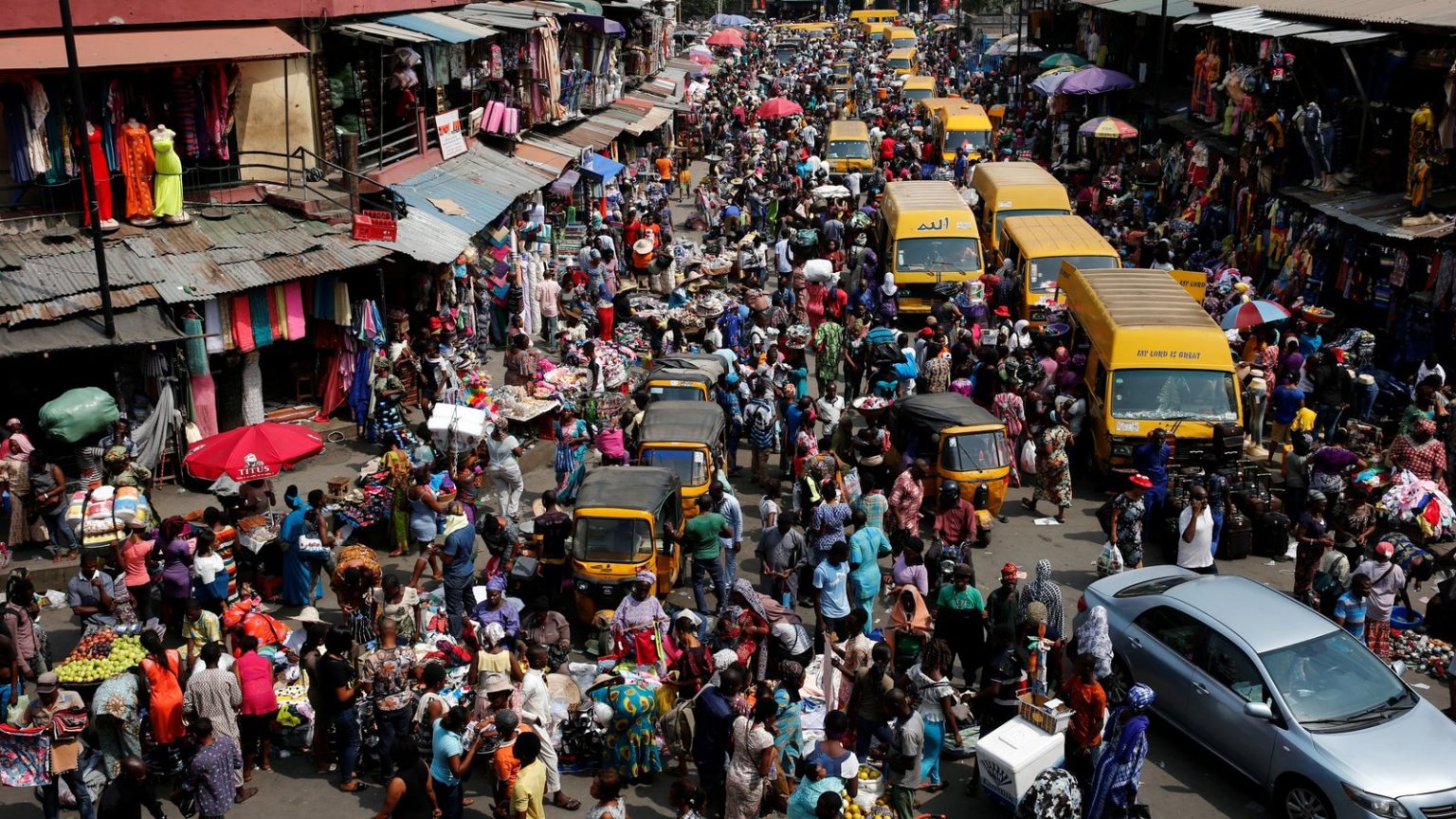Metro
Wealth of these five richest in Nigeria could end extreme poverty

Nigerian billionaires improved their ranking in the latest Forbes World’s Billionaire List, which compiles the fortunes of the wealthiest people in the world.
The feat was achieved despite rising prices worldwide, which have been ignited by the aftershocks of the Covid pandemic and the Russia-Ukraine war.
In 2018, Nigeria surpassed India as the world’s poverty capital, with around 87 million people living in extreme poverty, compared with India’s 73 million.

In Africa, Nigeria leads the pack as the country with the highest number of people living below the poverty line, followed by the Democratic Republic of Congo, which has an estimated 67 million poor citizens. In third place is Madagascar, with over 21 million poor citizens, followed by Angola, with around 18 million poor citizens.
But did you know that the wealth of the five richest Nigerians could end extreme poverty in the country?
According to the 2018 OXFAM report, the combined wealth of Nigeria’s five richest men – $29.9 billion as of the time of the estimation – could end extreme poverty in the country.
According to Forbes the 5 richest Nigerians are Aliko Dangote (net worth US $14.4 billion), Mike Adenuga (net worth US $9.9 billion), Femi Otedola (net worth US$1.85 billion), Folorunsho Alakija (net worth US$1.55 billion), Abdul Samad Rabiu (net worth $1.1 billion).
Oxfam is part of the international community’s response to help more than 6 million people suffering from severe and chronic hunger in Nigeria, Chad, and Niger.
The report, ‘Inequality in Nigeria,’ exposed the large and growing gap between rich and poor. It reveals how a wealthy elite has captured the benefits of economic growth at the expense of ordinary Nigerians.
Economic inequality is a crucial factor behind the conflict that has led to the severe food crisis in Nigeria’s north-eastern states.
The report finds that:
- Nigeria’s richest man earns 8,000 times more in one day than a poor Nigerian will spend on basic needs in a year.
- More than 112 million people live in poverty in Nigeria, yet the country’s richest man would have to spend $1 million daily for 42 years to exhaust his fortune.
A report by the United Nations Food and Agriculture Organisation has said that about 19.4 million people will face food insecurity across Nigeria between June and August 2022.
The report said the food crisis would affect Nigerians in 21 states and FCT, including 416,000 Internally Displaced Persons (IDPs).
It noted that about 14.4 million people, including 385,000 IDPs in 21 States and FCT of Nigeria, are already in the food crisis till May 2022.
The analysis for March covered Abia, Adamawa, Benue, Borno, Cross-River, Edo, Enugu, Gombe, Jigawa, Kaduna, Kano, Katsina, Kebbi, Lagos, Niger, Plateau, Sokoto, Tarba, Yobe, and Zamfara, and the Federal Capital Territory (FCT).
Last year, the FAO estimated that 12.8 million Nigerians will go into famine between June and August 2021.
The report identified insecurity especially insurgency in the North-east states, mostly in Borno, Adamawa and Yobe, armed banditry and banditry in some North-west states such as Sokoto, Katsina, Zamfara and Kaduna States, as well as North-central states of Benue and Niger as key drivers to the upcoming food crisis.
Also, it said high inflation in soaring food commodity prices, which could be associated with an economic downturn, will contribute to the hunger crisis.
“Loss of employment and reduction in household income due to the long-term effect of COVID-19 pandemic and displacement arising from conflict and armed banditry as evident in the crisis-emergency livelihood coping strategies adopted by most households,” it said.
“Among the principal reasons for the increase in the number of people in critical need as against the March, 2021 Cycle could be the objective analysis of inaccessible/hard-to-reach areas (Borno and Adamawa), internally displaced persons (Borno), the increased number of displaced (vulnerable populations) due to banditry, and finally the inclusion of five new states, Contextual Shifts.”
The country representative of FAO, Fred Kafeero, called on the Nigerian government to incorporate the analysis results into national planning, design and implementation of national food systems transformation action plans.


